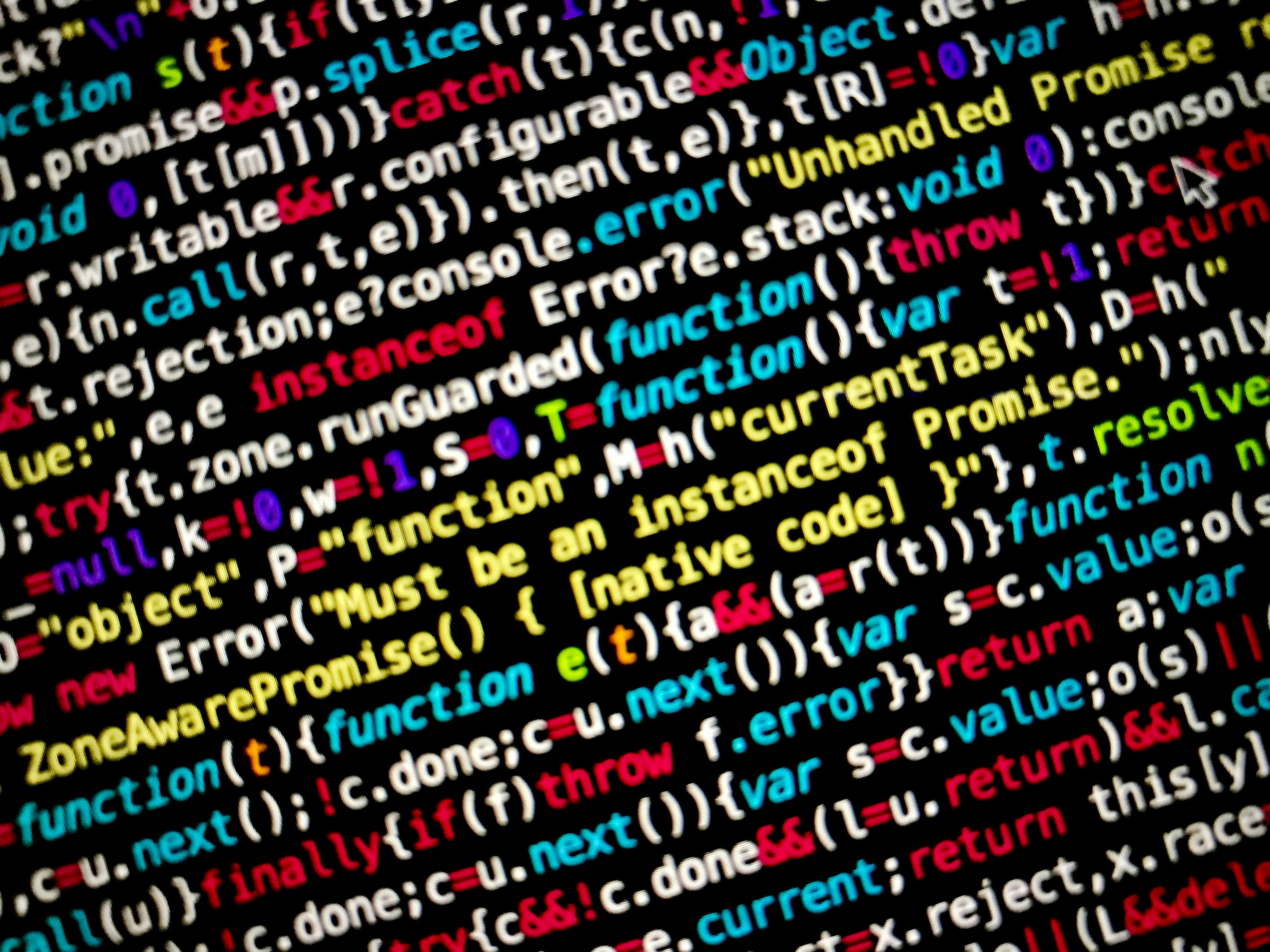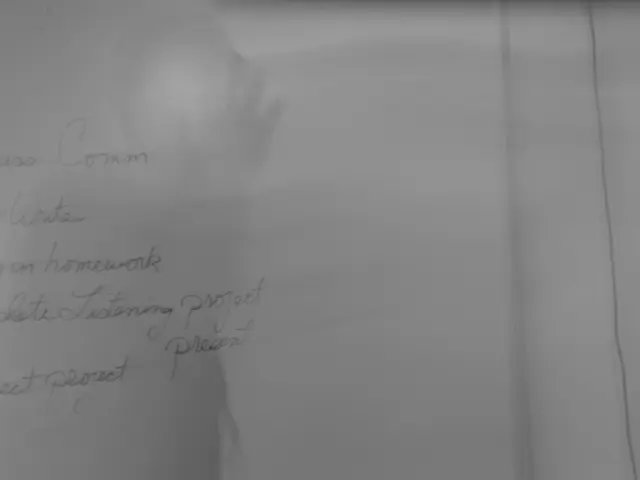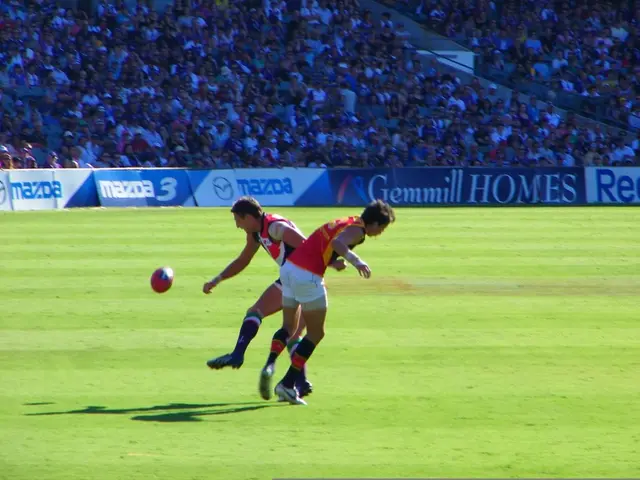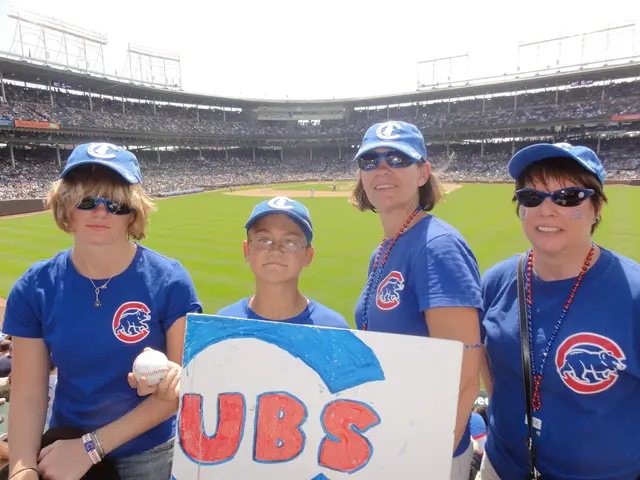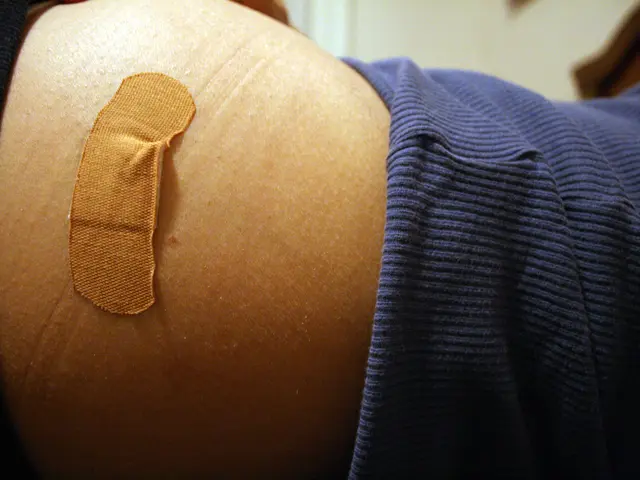Iranian Head of State Meets with Omani Leadership to Advance Middle Eastern Diplomacy
Iranian President Masoud Pezeshkian Visits Oman to Enhance Bilateral Relations and Regional Cooperation
Iranian President Masoud Pezeshkian commenced a two-day official visit to Oman on Tuesday, marking a significant stride in bolstering bilateral relationships and promoting regional cooperation. The visit aimed to pave the way for an inclusive, coordinated response to various regional issues, particularly the ongoing conflict in the Gulf and the wider Middle East.
Upon his arrival, His Highness Sayyid Shihab bin Tariq, Oman's Minister of State and Governor of Muscat, warmly welcomed President Pezeshkian, alongside other senior Omani officials. This visit marks yet another step in the deepening ties between the two countries, following the historic visit by Oman's Sultan Haitham bin Tariq Al Said to Tehran two years ago and the late Iranian President Ebrahim Raisi's trip to Muscat.
The agenda for the visiting Iranian delegation encompasses high-level discussions, private meetings between President Pezeshkian and Sultan Haitham bin Tarik Al Said, and a joint session between Iranian and Omani delegations. The primary focus of these discussions lies in fostering cooperation across trade, maritime affairs, infrastructure, and regional diplomacy. The key members of President Pezeshkian's cabinet, along with Foreign Minister Abbas Araqchi, Defense Minister Brigadier-General Aziz Nasirzadeh, and other ministers responsible for labor, trade, and justice, will accompany the President.
Throughout the visit, the two nations are anticipated to sign a series of bilateral agreements, including cooperation agreements, memoranda of understanding, and executive programmes. Specifically, these agreements cover sectors such as legal and judicial matters, economic and trade exchanges, infrastructure and energy collaborations, health sector initiatives, media, technology, and education programs, cultural exchanges, tourism developments, and urban planning endeavors. Additionally, the agreements will address issues such as armed security on flights and joint initiatives in public services.
In a statement prior to his visit, President Pezeshkian called on regional nations to unite in confronting Israel's military operations in Gaza, denouncing them as "criminal behavior." This visit serves as a testament to Iran's diplomatic efforts towards fostering a coordinated regional response in the aftermath of the United States' withdrawal from the 2015 nuclear agreement. Notably, Oman has already facilitated five rounds of backchannel talks between Iran and the United States to renegotiate a new nuclear agreement.
The historical and symbolic significance of this visit has been underlined by the presence of both President Pezeshkian and Sultan Haitham bin Tarik Al Said at Al Alam Palace during the signing of the bilateral agreements. Moreover, a joint commemorative stamp was unveiled to symbolize the centuries-old ties between the two nations. The visit underscores the shared interests in religion, brotherhood, and good neighborliness between the two countries.
- The scientific community can follow the developments in regional cooperation, as the bilateral discussions between Iranian President Masoud Pezeshkian and Sultan Haitham bin Tarik Al Said are expected to include infrastructure and energy collaborations.
- Meanwhile, the general news outlets will report on the ongoing political conversations surrounding the visit, such as Iran's call for regional unity against Israel's military operations in Gaza.
- Business analysts might be interested in the economic exchanges discussed during the visit, with particular focus on trade agreements and economic collaborations.
- Entertainment and food enthusiasts could look forward to future cultural exchanges and tourism developments, as the bilateral agreements cover such sectors.
